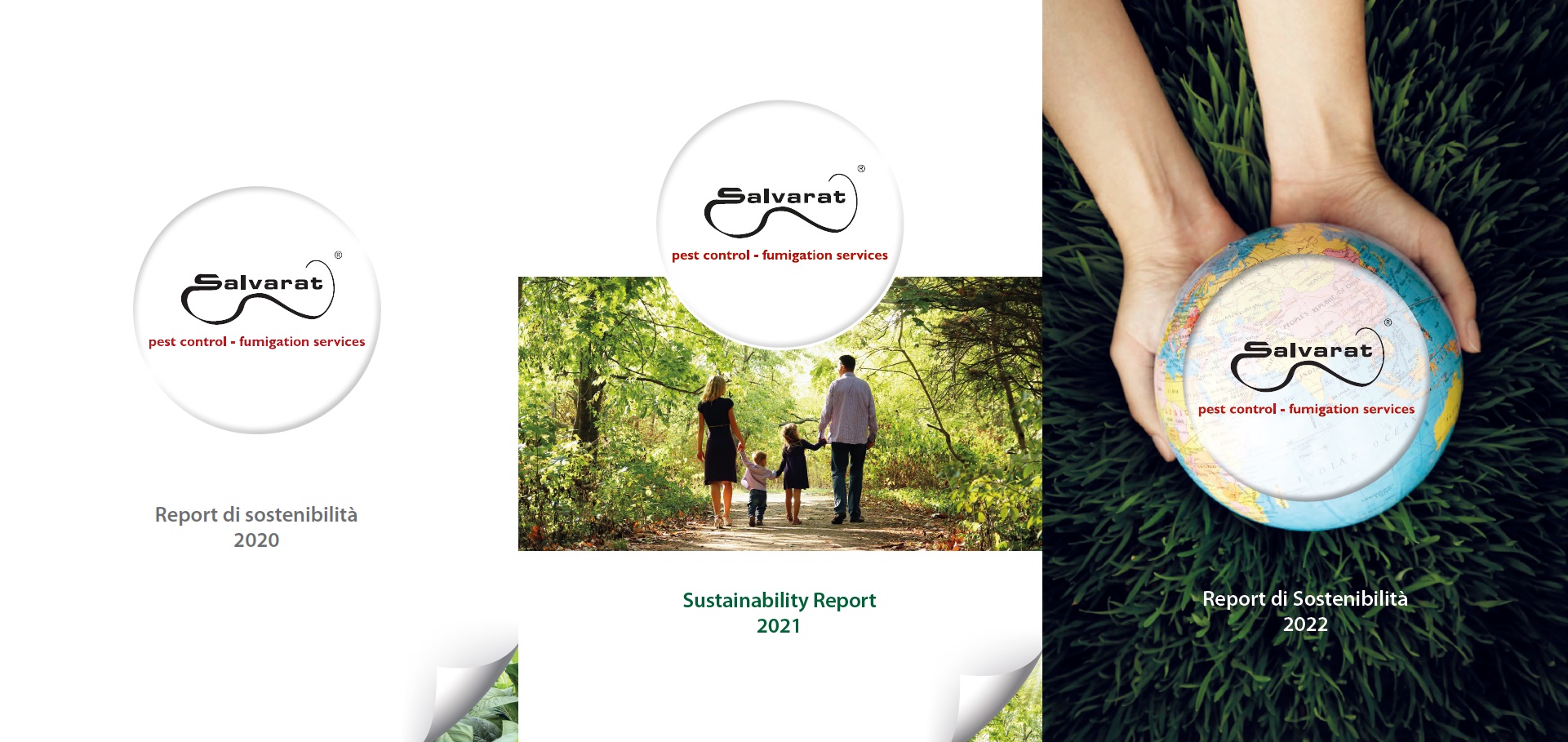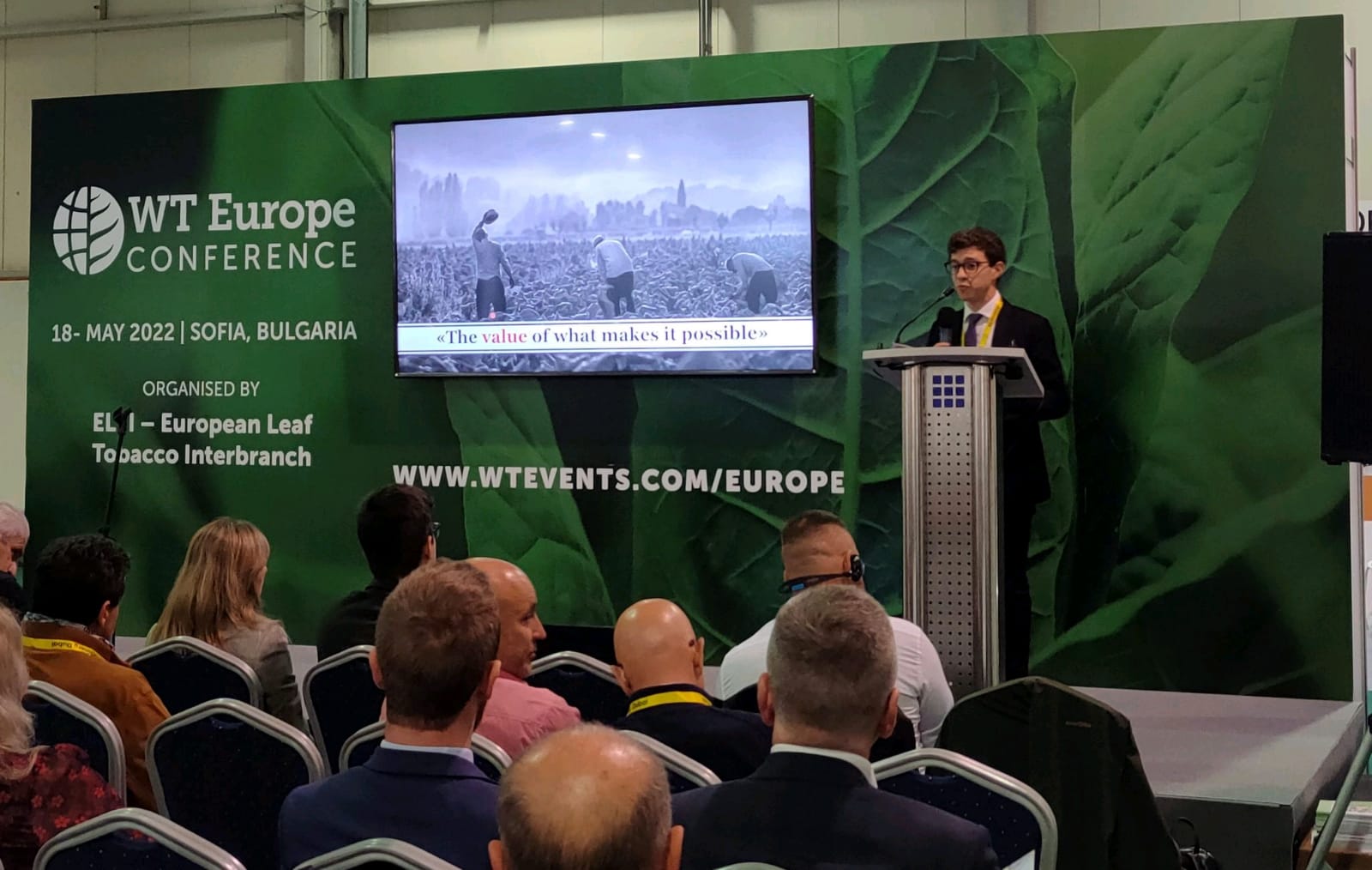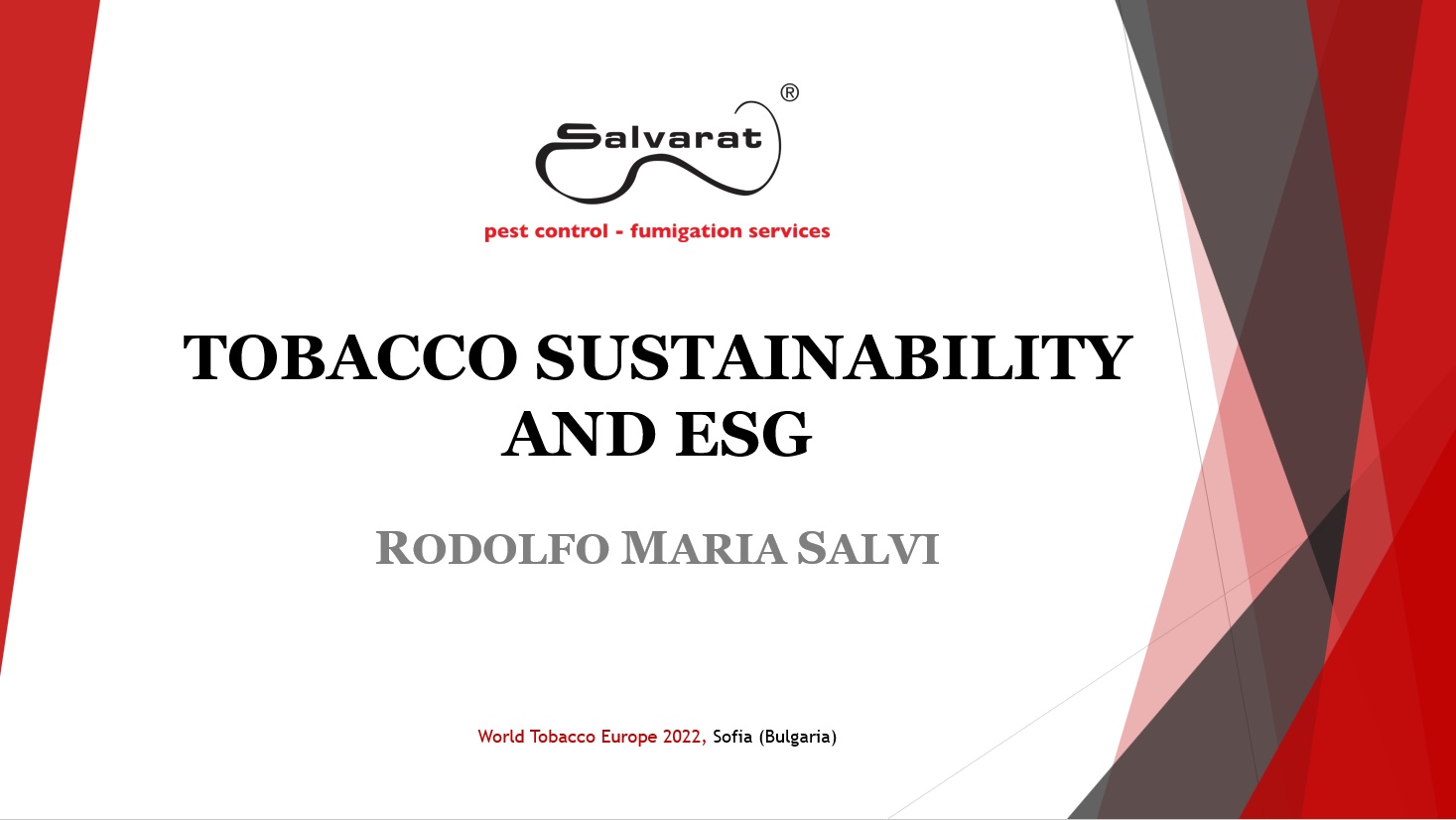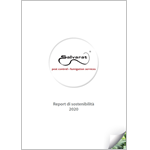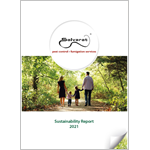
In the course of our business, we are faced with significant sustainability challenges that have a global reach and involve different categories of stakeholders, who play a key role in driving the market towards the adoption of more sustainable practices.
To address these challenges, it is essential to demonstrate a firm commitment to ensuring a more sustainable future. This can be achieved through the integration of strategies aimed at reducing impacts on the environment, society and the economy. The goal is to ensure that future generations have access to the resources they need.
In this context, the company is actively committed to adopting sustainability practices through a constant process of innovation in its business and its modus operandi. In order to effectively communicate our results to all stakeholders, we have published a Sustainability Report conforming to G.R.I. reporting standards on an annual basis since 2020. In addition to our annual reporting, Salvarat has officially been a Benefit Company since March 2022. This is an important step for us, as we have always been committed to ESG issues, especially those of a social nature.
In light of the current climate change scenarios, Salvarat has been reporting on the carbon footprint of all company activities (GHG Report – Scope 1/2/3) since 2022. This has involved setting qualitative and quantitative objectives with the dual aim of reducing the net emissions produced by the company and becoming a Carbon Neutral company by 2025.
The company’s commitment to sustainable practices is further demonstrated by its promotion of sustainable integrated pest management strategies. This is evidenced by its membership of trade associations, international research centres, collaboration with university bodies and presence at trade fairs. Salvarat is a member of I.F.A. (Imprese Fumigatrici Associate), the Integrated Pest Management study group of CORESTA (Centre for Cooperation on Scientific Research on Tobacco) and has presented at trade fairs (WT Dubai 2019, WT Sofia 2022, WT Harare 2024) on sustainable pest management best practices.
